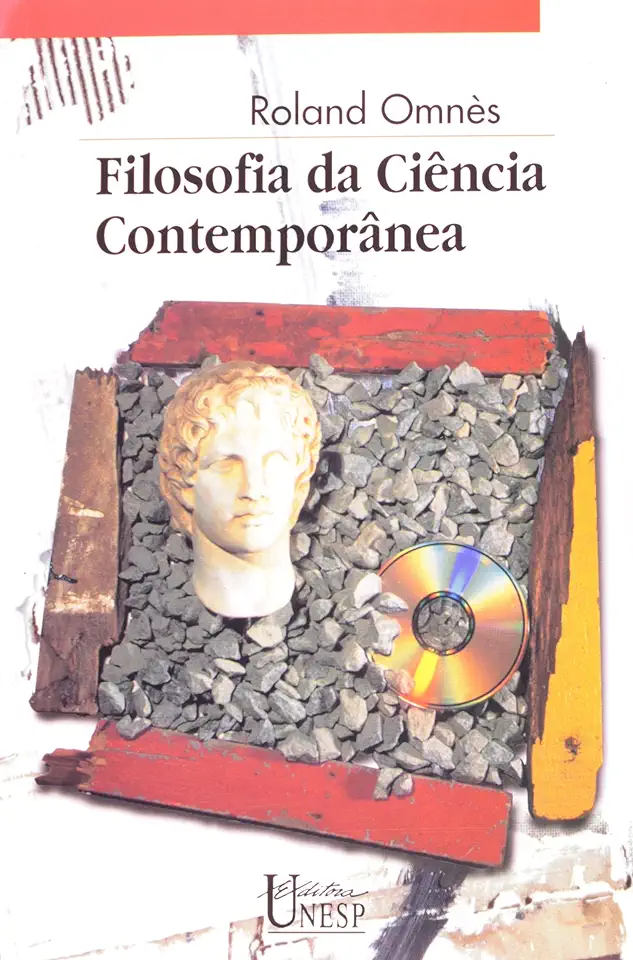
Philosophy of Contemporary Science - Roland Omnès
Philosophy of Contemporary Science
Roland Omnès
Introduction
In this groundbreaking book, Roland Omnès presents a comprehensive and accessible overview of the philosophy of contemporary science. Omnès argues that science is not simply a collection of facts, but rather a way of understanding the world that is based on reason and evidence. He explores the key concepts and theories of modern science, including quantum mechanics, relativity, and chaos theory, and shows how they have revolutionized our understanding of the universe.
The Nature of Science
Omnès begins by examining the nature of science itself. He argues that science is a process of inquiry that is based on observation, experimentation, and logical reasoning. He also discusses the role of mathematics in science, and shows how it can be used to model and predict the behavior of the natural world.
Quantum Mechanics
One of the most important and revolutionary theories of modern science is quantum mechanics. Omnès provides a clear and concise introduction to quantum mechanics, and explains how it has changed our understanding of the world at the atomic and subatomic levels. He also discusses the implications of quantum mechanics for our understanding of reality, and explores the ongoing debate between the Copenhagen interpretation and the Many-Worlds interpretation.
Relativity
Another major theory of modern science is relativity. Omnès provides a comprehensive overview of relativity, including both special relativity and general relativity. He explains how relativity has revolutionized our understanding of space, time, and gravity, and shows how it has led to new insights into the nature of the universe.
Chaos Theory
Chaos theory is a relatively new field of study that has had a profound impact on our understanding of the world. Omnès provides an introduction to chaos theory, and explains how it can be used to model and predict complex systems. He also discusses the implications of chaos theory for our understanding of the universe, and explores the ongoing debate between determinism and indeterminism.
The Future of Science
Omnès concludes by looking to the future of science. He argues that science is still in its early stages, and that we have much more to learn about the universe. He also discusses the challenges facing science in the 21st century, and explores the potential for new discoveries and breakthroughs.
Conclusion
Philosophy of Contemporary Science is a must-read for anyone interested in understanding the world around them. Omnès provides a comprehensive and accessible overview of the key concepts and theories of modern science, and shows how they have revolutionized our understanding of the universe. This book is a valuable resource for students, scholars, and anyone else who is interested in the philosophy of science.
Why You Should Buy This Book
If you are interested in learning more about the philosophy of science, then this book is for you. Omnès provides a clear and concise introduction to the key concepts and theories of modern science, and shows how they have revolutionized our understanding of the universe. This book is a valuable resource for students, scholars, and anyone else who is interested in the philosophy of science.
Here are a few reasons why you should buy this book:
- It is a comprehensive and accessible overview of the philosophy of contemporary science.
- It is written by a leading expert in the field.
- It is clear, concise, and easy to understand.
- It is a valuable resource for students, scholars, and anyone else who is interested in the philosophy of science.